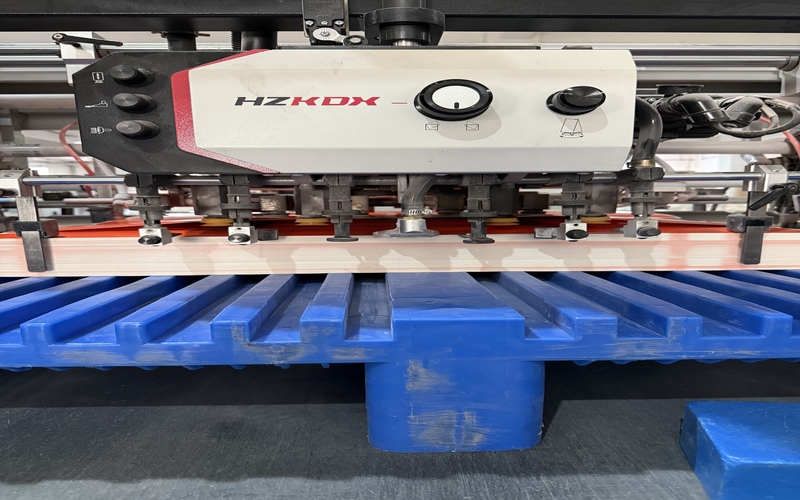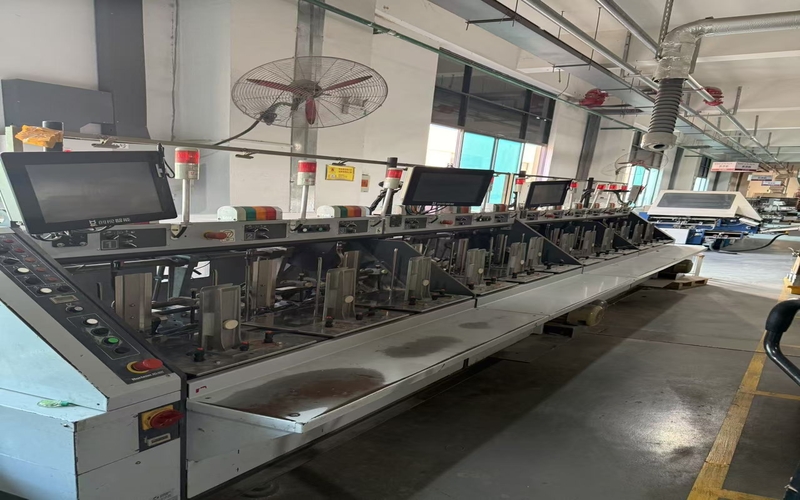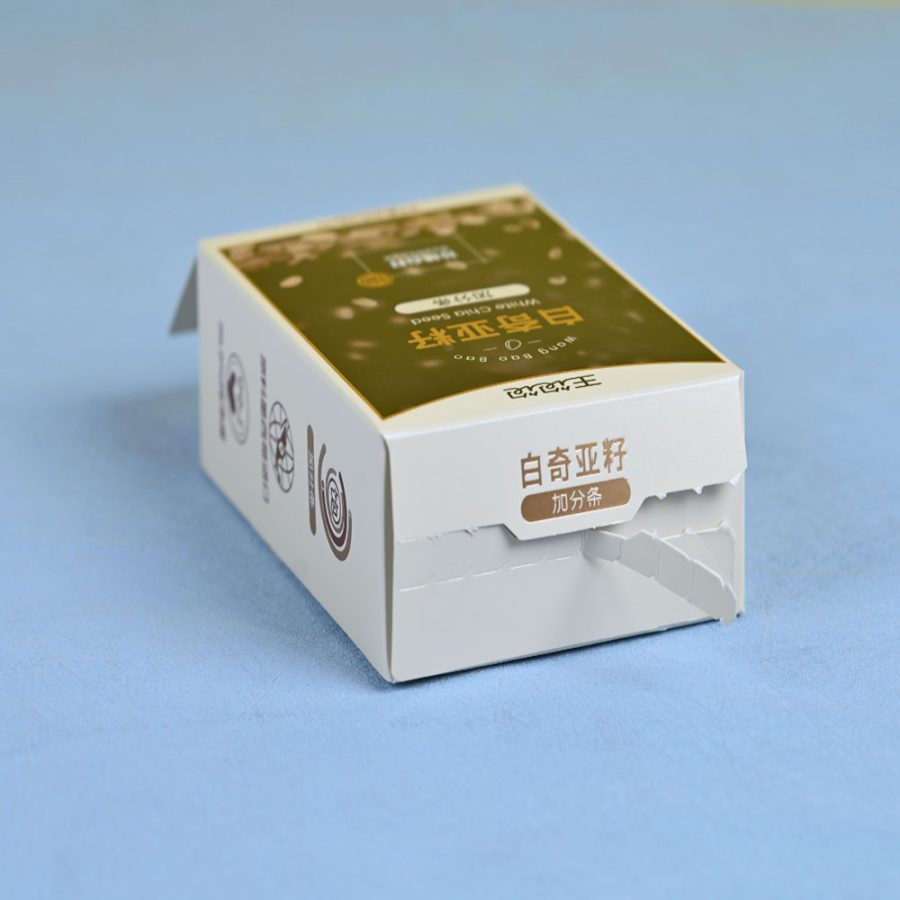Exploring Next-Generation Bio-Based Packaging Materials
In an era where environmental consciousness shapes every aspect of business, the packaging industry stands at a critical turning point. Traditional petroleum-based plastics, once seen as a reliable and affordable packaging solution, are now being replaced by innovative, sustainable alternatives. As global regulations tighten and consumer demand for eco-friendly products grows, bio-based packaging materials have emerged as the next frontier of sustainable design. At Wuxi Box Printing Technology, we are at the forefront of this transformation—exploring, testing, and implementing next-generation materials that align with our commitment to environmental responsibility and long-term innovation.
Bio-based packaging materials are derived from renewable biological resources such as plants, algae, and agricultural waste rather than fossil fuels. These materials are designed to perform the same functions as conventional plastics or paper but with significantly reduced environmental impact. Unlike traditional polymers, bio-based materials can biodegrade naturally or be composted under specific conditions, minimizing their footprint in landfills and oceans. Common examples include polylactic acid (PLA) made from corn starch, polyhydroxyalkanoates (PHA) produced by microorganisms, and cellulose-based films derived from wood pulp. Each material type brings unique properties such as flexibility, transparency, or moisture resistance, making them suitable for a variety of packaging applications—from food containers to cosmetic boxes and shipping materials.
The current generation of bio-based packaging goes far beyond simple paper substitutes. Scientists and manufacturers are now combining biotechnology, material engineering, and nanoscience to create advanced bio-polymers that rival or exceed the performance of synthetic plastics. For instance, PLA and PHA blends are being engineered to improve heat resistance and durability, allowing them to be used for both cold and hot packaging applications. Nanocellulose coatings are being developed to enhance barrier properties against oxygen and moisture—critical features for preserving food and sensitive products. Additionally, bio-composites that mix plant fibers such as hemp or bamboo with biodegradable resins are offering new strength-to-weight advantages ideal for shipping boxes and protective packaging.
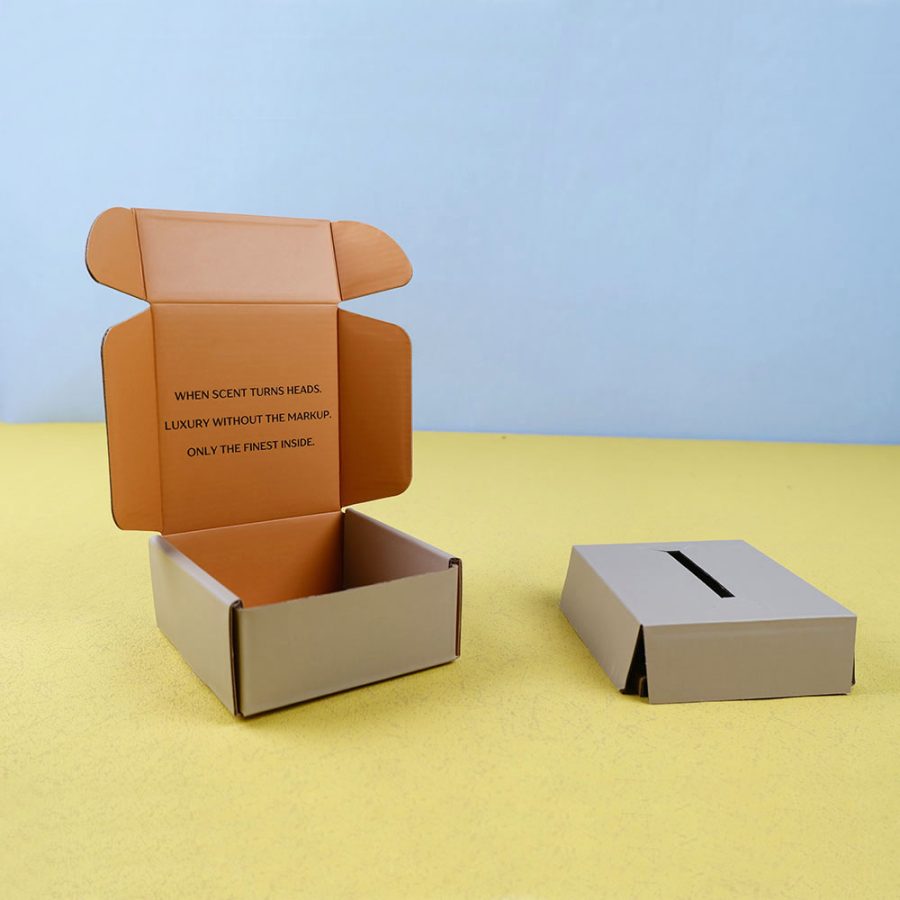
At Wuxi Box Printing Technology, our R&D teams continually experiment with these innovations to identify materials that balance functionality, aesthetics, and sustainability without compromising the premium quality our clients expect.
The move toward bio-based materials offers brands a wide range of tangible and intangible benefits.
Environmental Responsibility – Bio-based materials reduce dependence on non-renewable resources and cut down carbon emissions associated with plastic production. Many bio-materials even capture carbon dioxide during their growth phase, contributing to a net-positive environmental effect.
Enhanced Brand Image – Consumers today are more likely to purchase products that reflect their values. Using biodegradable or compostable packaging demonstrates a brand’s commitment to sustainability, increasing customer trust and loyalty.
Compliance with Global Regulations – With the European Union, the United States, and China implementing stricter sustainability policies, adopting bio-based packaging helps companies stay compliant with evolving global standards.
Innovation and Differentiation – In competitive markets, eco-friendly packaging is more than just a responsibility—it’s a differentiator. It signals innovation, forward-thinking, and authenticity, giving businesses a competitive edge in both domestic and international markets.
Despite their promise, bio-based materials face several challenges before they can completely replace conventional packaging. Cost remains a significant factor; the production of biodegradable polymers and plant-based films is still more expensive than traditional plastics due to limited supply chains and processing complexity. Additionally, bio-based materials often require specific environmental conditions to decompose efficiently—conditions not always available in standard waste management systems. However, progress is accelerating. Governments and industry leaders are investing heavily in bio-economy research, creating industrial composting facilities, and establishing standardized certifications for bio-based packaging. As economies of scale improve and new technologies emerge, costs are expected to decrease, making sustainable materials more accessible to all levels of manufacturing.
At Wuxi Box Printing Technology, sustainability is not a trend—it’s a responsibility woven into our innovation strategy. We are continuously exploring the integration of bio-based coatings, recyclable adhesives, and compostable films into our packaging designs. Our design team works closely with suppliers and material scientists to source certified biodegradable materials that ensure both environmental and product integrity. We also prioritize life-cycle analysis (LCA) to measure the environmental impact of each packaging solution—from raw material sourcing to end-of-life disposal. This holistic approach helps us select materials that offer genuine sustainability benefits rather than surface-level claims. For example, by incorporating PLA laminates and cellulose-based coatings in our packaging, we provide durable yet fully compostable solutions ideal for food, cosmetics, and retail sectors.
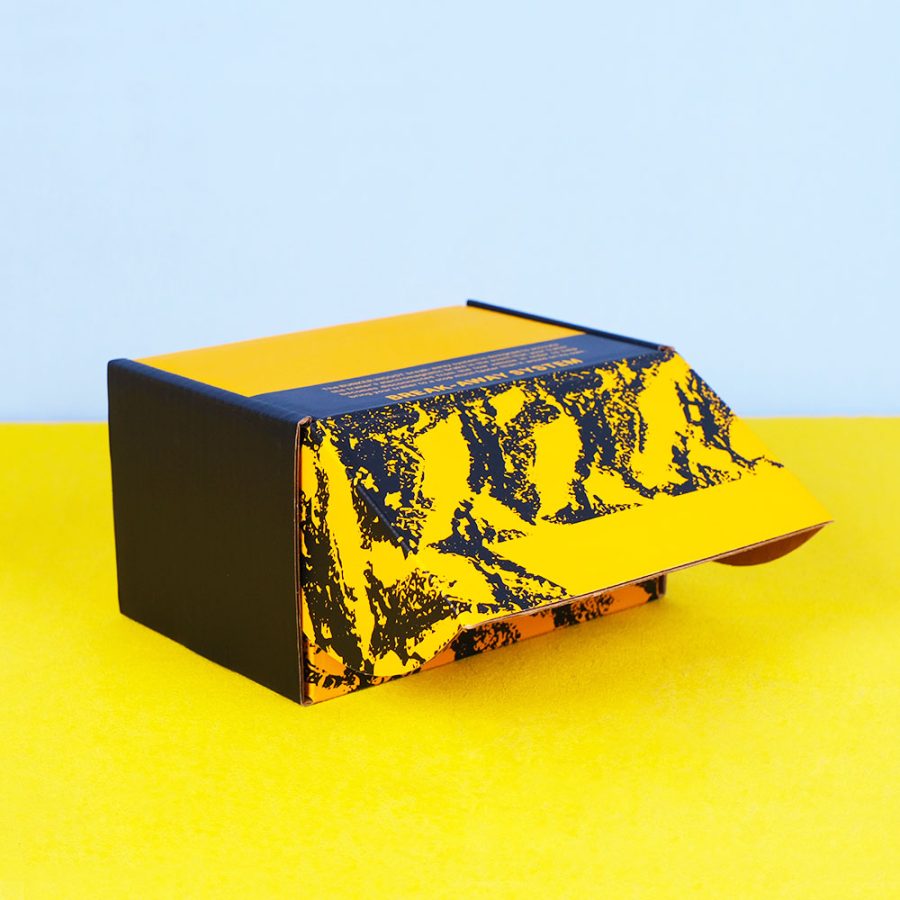
The transition to next-generation bio-based packaging cannot happen in isolation. It requires collaboration across the supply chain—from raw material producers and designers to retailers and recycling partners. At Wuxi Box Printing Technology, we actively collaborate with industry partners, research institutions, and clients to test and refine sustainable packaging concepts. These partnerships allow us to stay ahead of market shifts and regulatory changes while delivering customized eco-friendly solutions for diverse industries. The future of packaging lies not only in materials that decompose but in systems that circulate resources indefinitely. Next-generation bio-based packaging will play a crucial role in advancing the circular economy, where products are designed for reuse, recycling, or natural reintegration into the ecosystem.
Emerging technologies like enzyme-assisted recycling and biodegradable smart packaging are on the horizon, further expanding the potential of sustainable innovation. Wuxi Box Printing Technology aims to lead this transition by combining eco-materials with advanced design techniques, ensuring that every package contributes positively to both brand value and the planet. The rise of bio-based packaging marks a defining moment in the evolution of sustainable manufacturing. By replacing petroleum-based materials with renewable, biodegradable alternatives, companies can significantly reduce their environmental impact while meeting modern consumer expectations.
At Wuxi Box Printing Technology, we see bio-based materials not just as a solution to today’s challenges but as a foundation for tomorrow’s innovations. Through research, collaboration, and continuous improvement, we are committed to driving the next generation of packaging that is beautiful, functional, and kind to the Earth—a step closer to a truly sustainable future.



